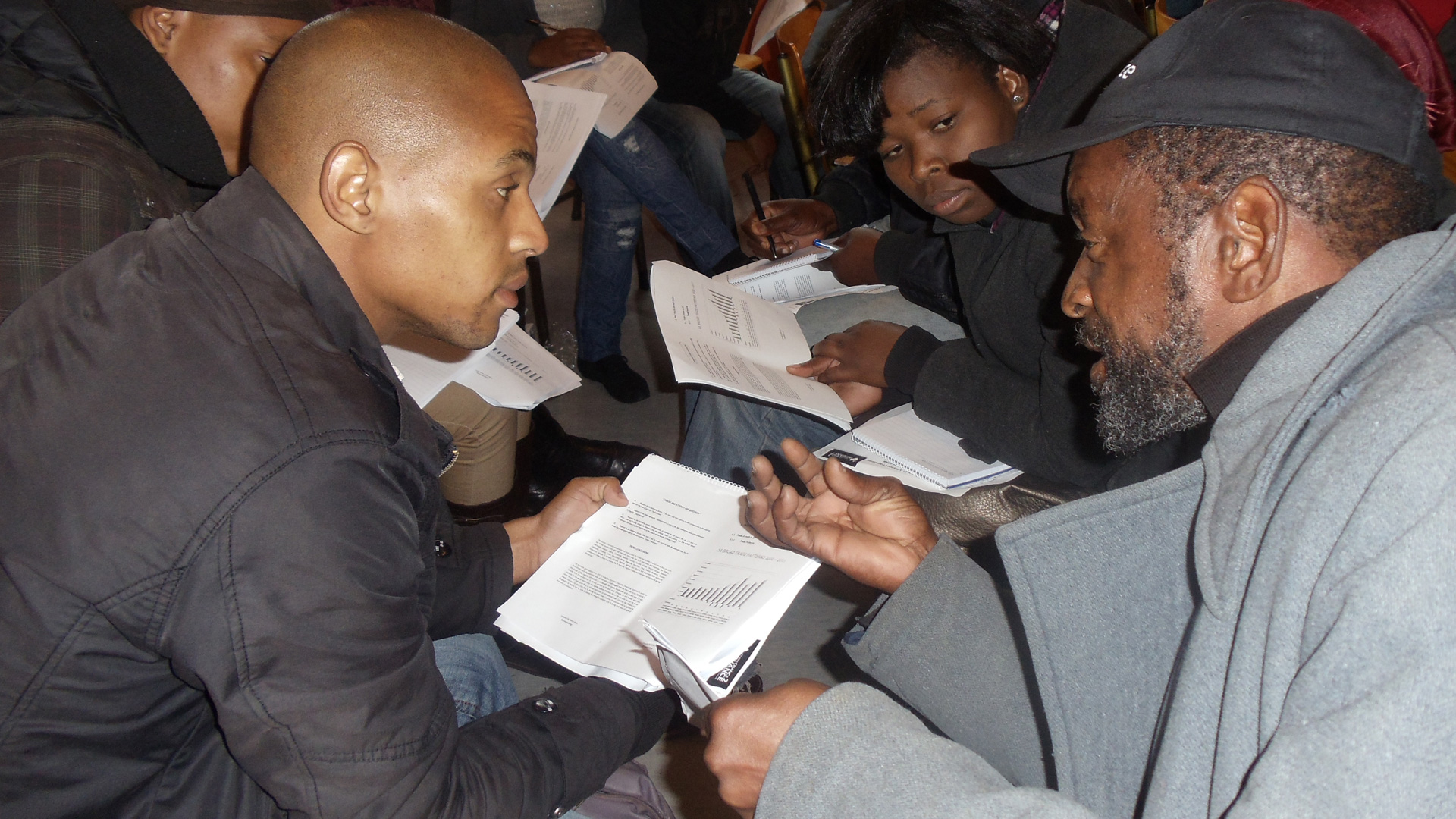Worker education in South Africa
Worker education played a crucial role in the development of the trade union movement in South Africa and in the broader struggle for social transformation. With the resurgence of worker militancy in the 1970s, worker education became both a site and a weapon of struggle. Trade unions were called “schools of labour” and “laboratories for democracy”, and played a crucial role in spreading core tenets of democracy such as accountability, representation and participation.
Since the demise of apartheid, South Africa’s trade union movement has increasingly emphasised the importance of skills development, capacity building and career progression — the foundations of a meaningful working life. In response, Unisa has partnered with the Development Institute for Training, Support and Education for Labour (Ditsela) and the South African College Principals’ Organisation (SACPO). Unisa’s collaboration with SACPO concentrates on developing staff capacity and quality mechanisms in the further education and training (FET) sector, while its collaboration with Ditsela seeks to research and develop programmes for workers.
For Unisa and for South Africa, such initiatives represent a fresh vision for academia and academic relevance — and a new take on historic ideals of a progressive alliance between workers and intellectuals.
